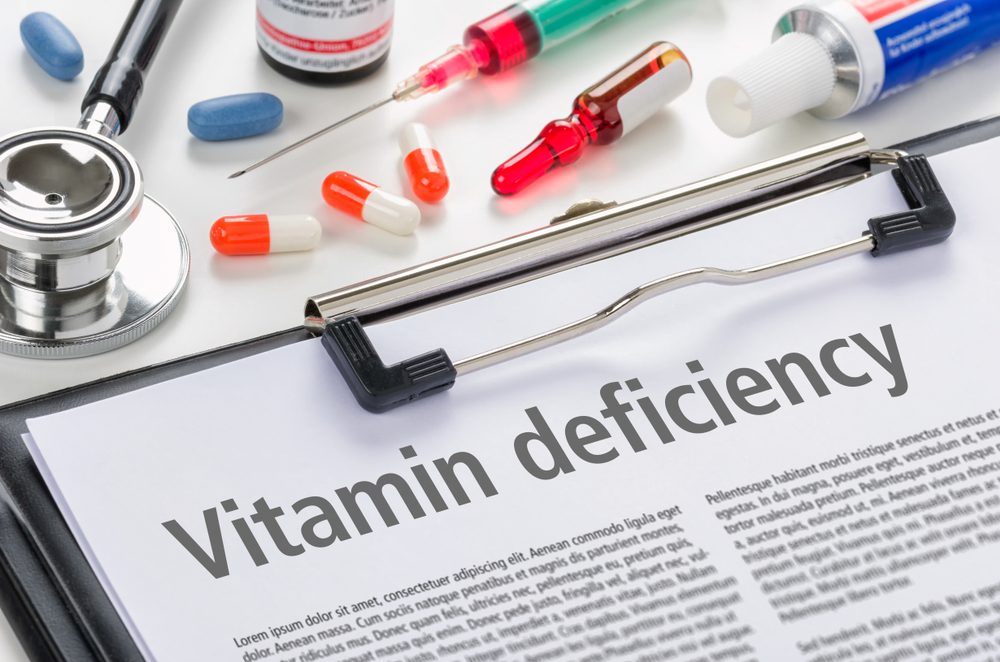What to Consider: Your Guide to the Shingrix Vaccine
Navigating health decisions can sometimes feel overwhelming, but when it comes to the shingles vaccine, the guidance is clear and consistent. Here’s what you need to know about the specifics of the vaccine and who should get the Shingrix vaccine.
The current recommended vaccine in the United States is Shingrix. You might have heard of an older vaccine called Zostavax, but it is no longer distributed in the U.S. because Shingrix has proven to be significantly more effective and offers longer-lasting protection. Shingrix is a non-live vaccine, which means it uses just a single protein from the virus to teach your immune system what to look for. This makes it safe for a wider range of people.
The CDC recommends the Shingrix vaccine for all healthy adults aged 50 and older. This recommendation is broad and inclusive for several important reasons. You should get the Shingrix vaccine even if:
You’ve already had shingles in the past. An episode of shingles does provide some immunity, but it can wane over time, and it is possible to get shingles more than once. The vaccine provides a much stronger and more durable protective response.
You received the older Zostavax vaccine. The protection from Zostavax decreases over time. The CDC recommends that you get the two-dose Shingrix series even if you previously had Zostavax to boost your immunity effectively.
You don’t remember ever having chickenpox. The vast majority of adults born before 1980 (over 99%) have been exposed to the chickenpox virus, even if they don’t recall being sick. If you are over 50, it is safe to assume you carry the dormant virus and should be vaccinated.
While the recommendation is broad, there are a few situations where you should talk to your doctor first. You should wait to get vaccinated if you are currently sick with a moderate to severe illness or if you are pregnant. Individuals with a severely weakened immune system (e.g., undergoing chemotherapy or an organ transplant) should have a detailed conversation with their specialist about the timing and safety of the vaccine. For the vast majority of adults over 50, however, Shingrix is both safe and strongly recommended by health experts at organizations like the National Institute on Aging.




















